The Ripple Effect
-News and Commentary-
This is not breaking news. We don't report the news. We Unpack it. Explain it. And analyze what it means.
Click this button to add us to your home screen.
You have probably heard the phrase before. Crabs in a barrel. A group scrambling toward the top, stepping on each other, pulling each other back, convinced there is only space for one to make it out. We use it to describe how we treat each other. But the problem is not just that we pull each other down. The real problem is that too many of us are not even reaching for the top. We are arguing over who deserves to climb, while the whole structure keeps us boxed in.
This is not a new observation. We talk about systems. We talk about oppression. And yes, they exist. Yes, the game is rigged. But here is the part we do not say enough: once you know the game is rigged, you have a choice. You either adapt, or you stay stuck blaming the dealer. And if I am being honest—too many of us stay stuck.
I know because I was one of them.
I spent most of my life believing I could outsmart the rules. I was smart. I knew how to work the room, run the operation, solve the problem. But I did not want to follow the protocol. I believed the rules did not apply to me—especially the ones I thought were built to keep me out. I believed in raw talent, not paperwork. Vision, not degrees. Until I got passed over. Again. And again.
At work, I was told a degree was not required. That it would be helpful, but not necessary. That kind of language sounds polite. Sounds flexible. But what it really meant was: we will promote you when we are ready, and this missing credential gives us a clean reason not to. I watched others move ahead without credentials. I watched exceptions get made. But for me? No exceptions. Just explanations.
Now here I am, almost 50, finishing a degree that will not change my past, will not unlock a promotion, and probably will not move the needle on my income. I am doing it now because I finally understand the structure. Not just what it asks—but how it moves. And what I see clearly now is what I wish I understood earlier: knowing the system is unfair does not mean you stop playing. It means you learn how to win anyway.
That is what Black women figured out.
By the numbers, Black women are the most formally educated group in the country. They hold more degrees than Black men. They own more homes than Black men. They have higher average incomes. Not because they were handed more. But because they figured out how to flip the structure. They studied the map while we were still arguing about whether we should have to use it. They learned the rules and beat them at their own game.
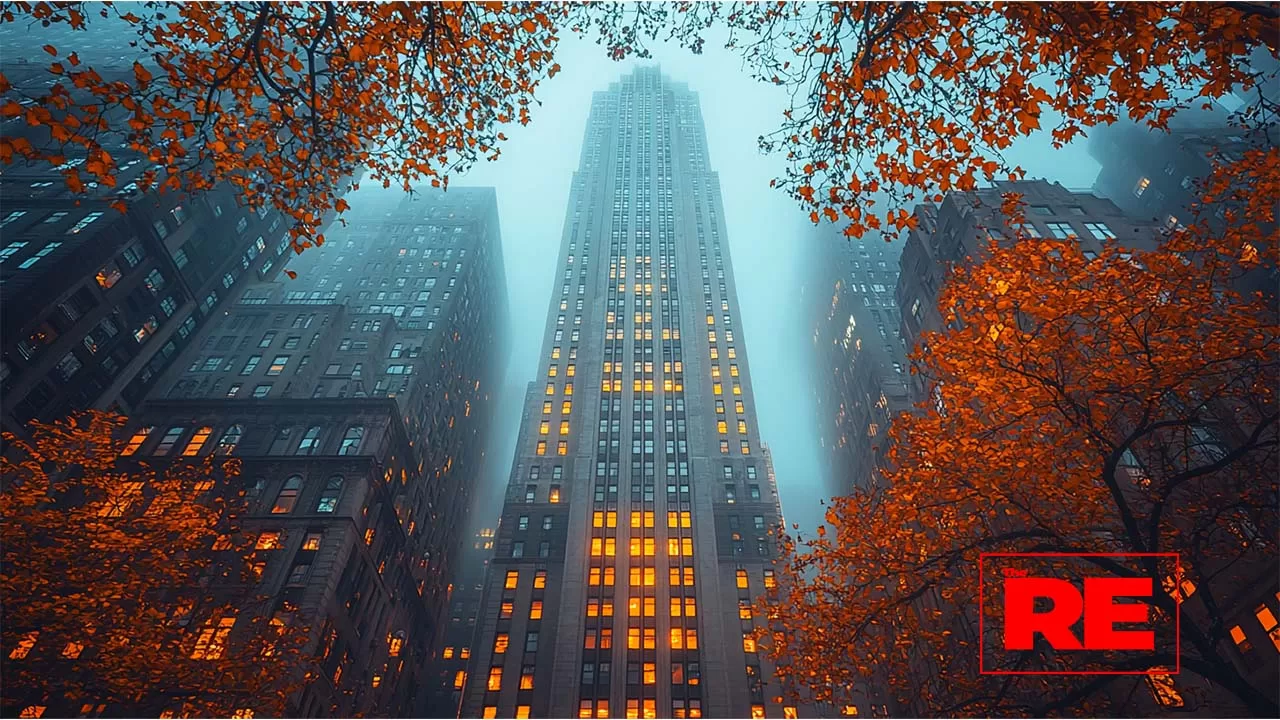
Let us start with the numbers.
In 2023, Black men were less likely to earn a college degree than any other major demographic in America. Fewer than 30 percent had completed a bachelor’s or higher. Compare that to nearly 50 percent of white men, and over 60 percent of Black women under 40. And it is not just education. Black men also rank lowest in homeownership across race and gender. Financial literacy, wealth-building tools, long-term planning. Most of it never even enters the conversation until a crisis hits. And by the time it does, we are already playing from behind.
Now you can blame the system. And there is no question the system plays a part. Generational exclusion, redlining, underfunded schools, hiring bias, incarceration. All of it real. All of it measurable. But those barriers, as real as they are, do not explain everything. They do not explain why, within the same conditions, Black women are graduating, buying homes, starting businesses, and outpacing us. They do not explain why, generation after generation, we keep acting like effort and intelligence alone should be enough.
Because here is the truth. Being brilliant means nothing if you are undisciplined. Being creative means nothing if you are disorganized. And wanting more means nothing if you refuse to build structure around it. That is what gets us. Not lack of skill. Lack of structure.
We chase entrepreneurship but never set up a retirement account. We create platforms but never form legal entities. We invest in our brand but not our credit score. And when we fall behind, we get angry. Not always at the system. Sometimes at each other. At the brother who got there first. At the friend who bought the house. At the cousin who plays the corporate game and wins. Because deep down, we believe success is a zero sum game. That if he got it, I cannot. That if she moved ahead, I must have been left behind. And that scarcity mindset makes everything feel personal even when it is not.
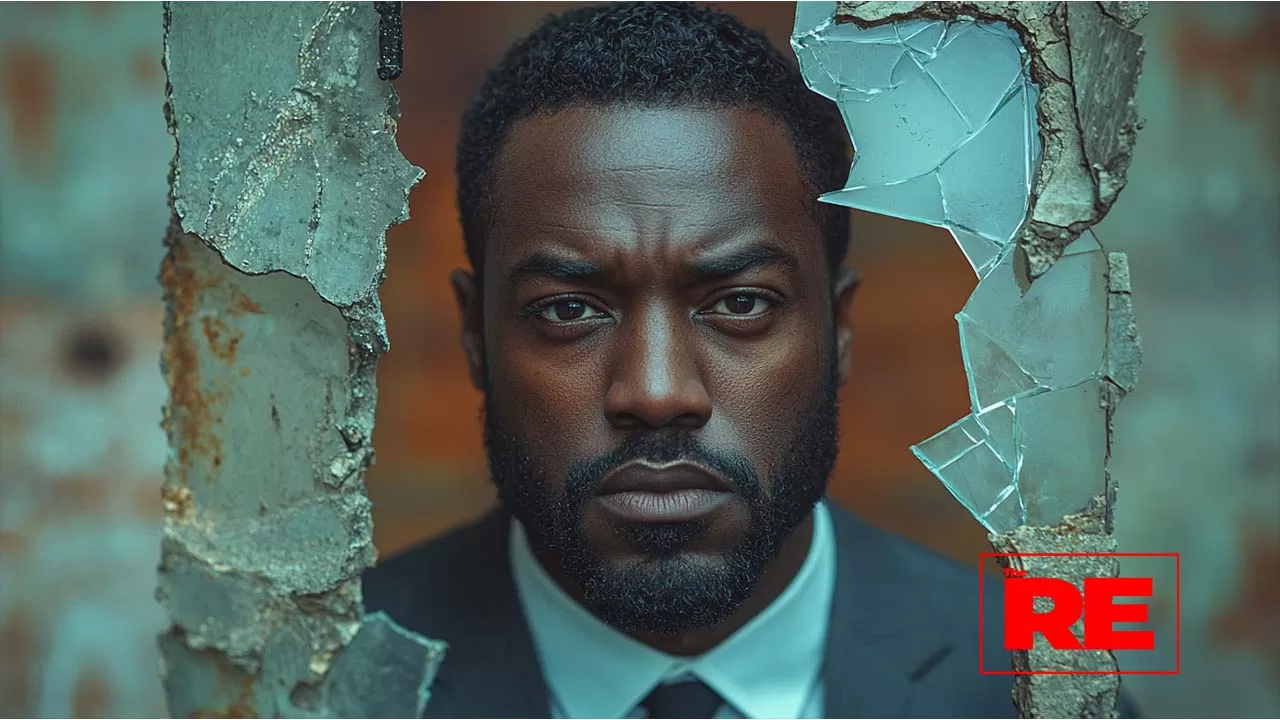
This is the real root of the crab in a barrel problem. It is not just about hate. It is about fear. Fear that we will be forgotten. Fear that we will be average. Fear that there is only enough space at the top for one of us, and if we are not that one, then we are nothing. So we perform. We front. We fake power instead of building it. We mimic ownership instead of creating it. We spend money we do not have to look like we are already there. And all the while, the system does not have to do anything. Because we are doing the job ourselves.
You can see it in every city. In every circle. Men who had potential but never discipline. Men who had vision but no blueprint. Men who had support but never saw it because they were too busy trying to be the one. Men who knew the rules but refused to play because they thought they were above it. I know those men. I was one of them. Sometimes I still am.
But now I see it. And it does not make me bitter. It makes me clear.
Because the truth is, we are not being held down by each other. We are being held down by the habits we refuse to name. We are losing because we keep confusing rebellion for strategy. We think not following the rules makes us free. But freedom without structure is just chaos. And too many of us are still mistaking noise for leadership.
We need a new standard. Not a new speech. Not another viral quote. A new standard. One that centers long term thinking, financial literacy, emotional maturity, health, legacy. Not just hustling. Not just surviving. Not just proving we are better than the next man. But building in a way that lets all of us eat without needing to climb over each other to do it.
Because if we keep treating success like a seat at a table built for one, we will never know what it means to actually win as a people.
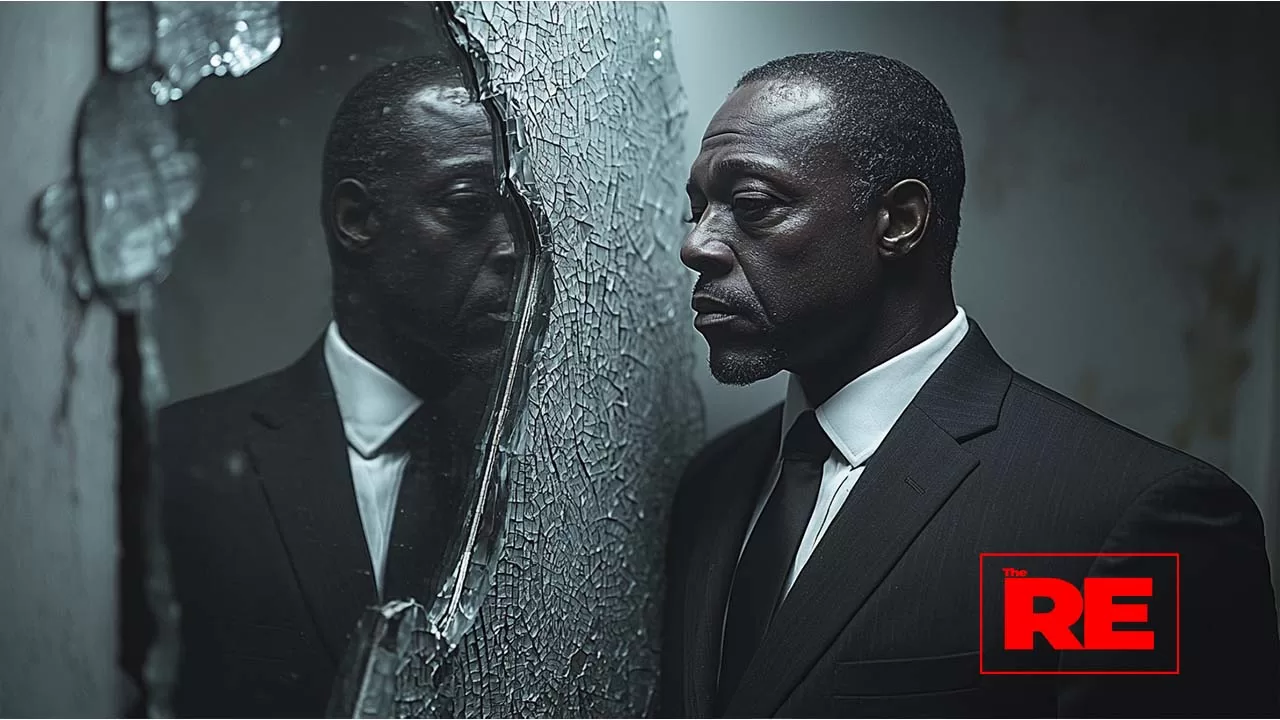
At some point, we have to admit that this is not who we are. Struggle is not our personality. Pain is not our culture. We carry it, yes. We inherit it, yes. But it was never supposed to define us. Somewhere along the line, we stopped separating the system that broke us from the habits we chose to keep. We started calling dysfunction normal. We started calling avoidance strength. And we started looking at each other like threats instead of teammates.
I say this with love, but also with full clarity. Nobody is coming to save us. And nobody should have to. If we know the system is not built for us, then why do we keep acting surprised when it fails us? Why are we still waiting for a clean invitation to play in a game we know is already running? The truth is, we have everything we need. We have talent. We have resilience. We have ideas, stories, presence, brilliance. What we do not have is unity. What we do not have is long term discipline. What we do not have is the ability to prioritize progress over ego.
We are the only community that still treats success like a limited resource. And we pay for that in every way that matters. We lose ground while we debate style. We lose ownership while we fight for credit. We let pain define us because we are too afraid to imagine who we might be without it. But here is the truth. That pain never belonged to us. It was handed to us. It was thrown at us. But it is not ours to keep.
So what now? Who needs to hear this? Every man still waking up bitter that the system never gave him a fair shot. Every brother still chasing status instead of stability. Every voice that has something real to offer but keeps waiting for permission to lead. What can be done? Start by telling the truth. Start by calling the pattern what it is. Not a conspiracy. A cycle. A mindset. One that we have the power to stop.

When will it matter? It already does. Every day we wait is a day we lose. The next generation is already watching. Already mimicking. Already choosing whether to follow our mistakes or follow our growth. Where is this playing out? In every barbershop. Every group chat. Every unspoken competition between friends who should have been business partners. Every home without a will. Every dream with no paperwork behind it. Why is this bigger than it looks? Because we cannot build a future if we do not trust each other to share it. And we will not trust each other until we stop looking at the man next to us as competition for a spot at a table we were always meant to own together.
We have worn pain like it was a uniform. Carried it like it was identity. But the truth is, our greatness has never come from how well we survive. It comes from how deeply we build. How boldly we protect each other. How far we go when we stop trying to be the one and start choosing to be the team.
This pain was never our identity. It was just the chapter we were born into.
One story. One truth. One ripple at a time.
This is The Ripple Effect, powered by The Truth Project.

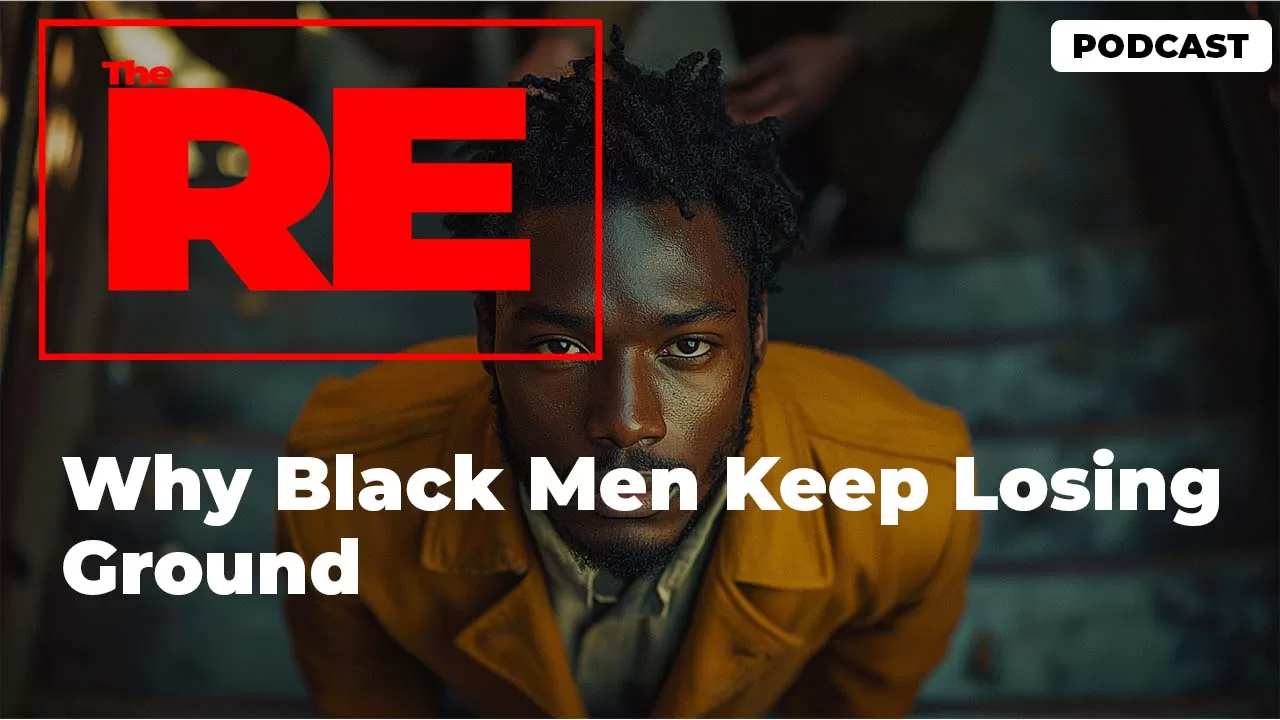
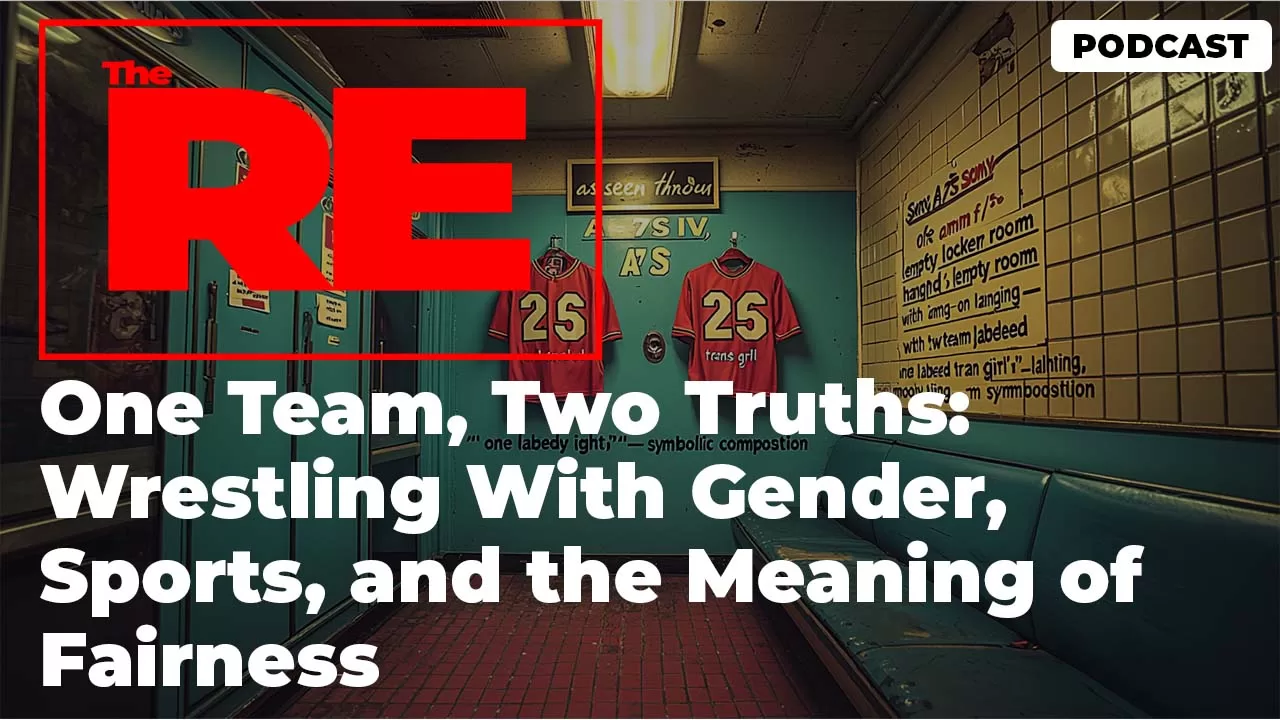
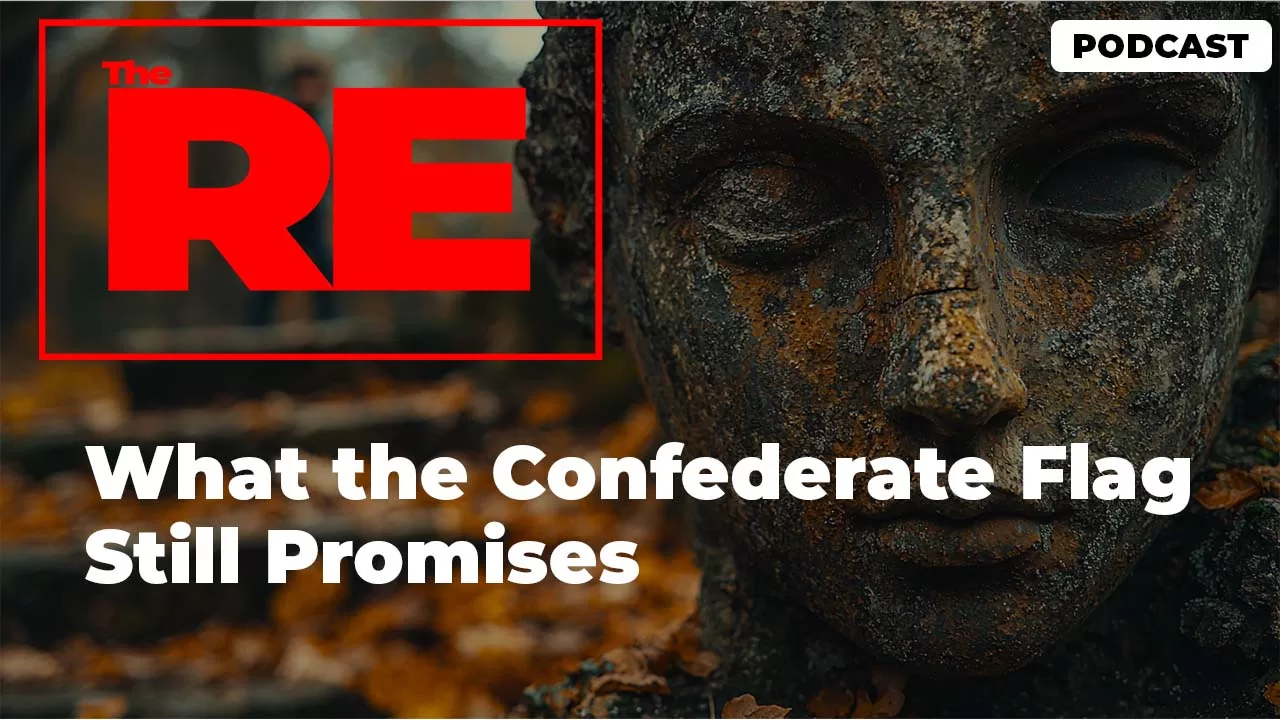
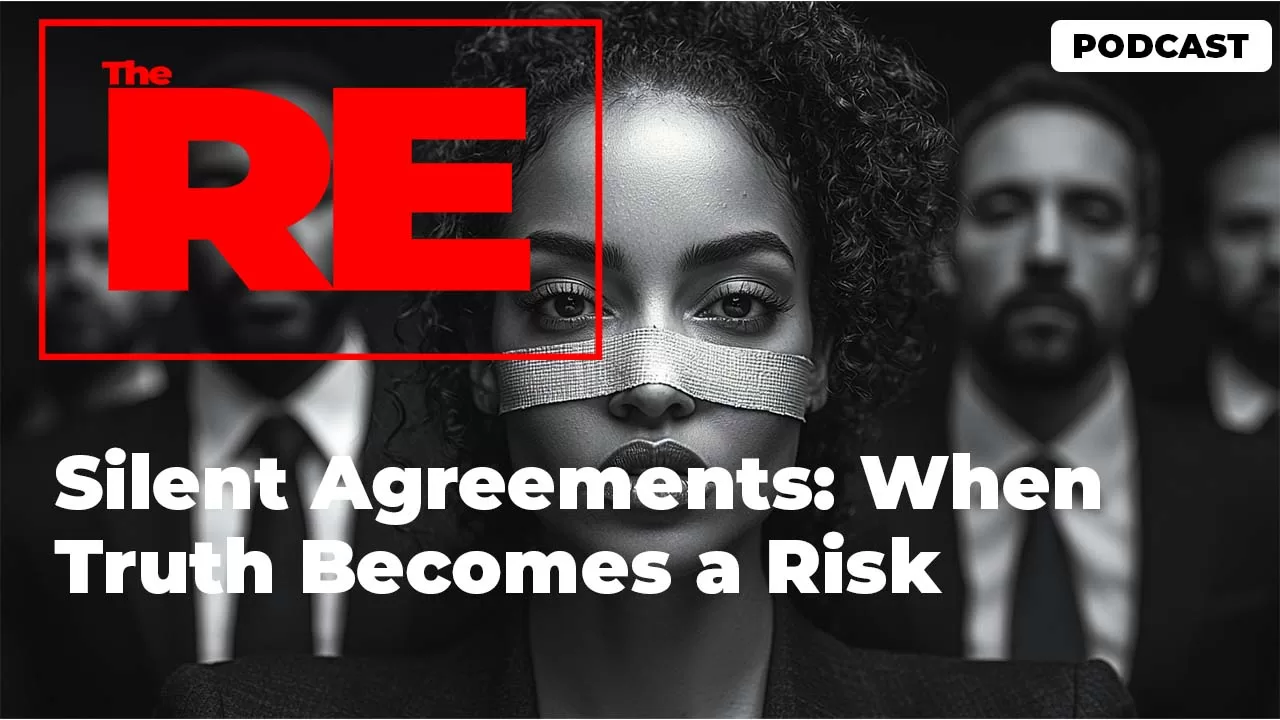

 and then
and then